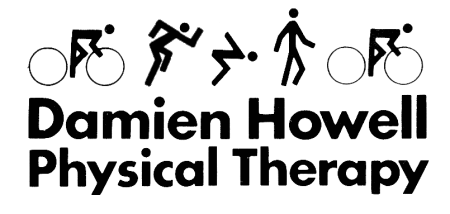“Take my wife, please” – patient centered care consider significant others

After completing an initial Physical Therapy consult with a 62-year-old gentleman with osteoarthritis of the knee, I asked, “Do you have any questions, confusion, or concerns that we should go back over?” Before he could respond, a voice chimed in from the next room.
“Tell him that you look like an old man when walking, and you can’t keep up with me when we are walking. Did you tell him you are complaining about doing the laundry in the basement?” The voice belonged to his wife.
Her candid interjection reminded me of the classic humor of Henny Youngman, whose famous line was, “Take my wife, please.” Youngman’s jokes, though a product of their time, often poked fun at the everyday realities of marriage. For example, he quipped, “My wife had her driver’s test the other day; she got 8 out of 10.” The other 2 guys jumped clear.” His use of paraprosdokian – a figure of speech where the latter part of the sentence is unexpected – was his comedic signature.
In that moment, I realized how important it is to consider both the patient’s and their loved ones’ perspectives in care. The husband’s goals were clear: to reduce the pain in his knee that disturbed his sleep and to feel more stable on the stairs. His wife, on the other hand, hoped that treatment would help him move with more confidence, look younger, keep up with her on walks, and manage the stairs to the basement with greater ease, especially for tasks like laundry.
This scenario highlights a key lesson in patient-centered care: patients are often part of a support network whose voices and expectations matter. Involving significant others can provide valuable insights and help shape more effective and efficient treatment plans. We are truly stronger when we work together.

Additionally, this experience underscored the unique benefits of Home-Based Physical Therapy. In a traditional outpatient clinic, I might have missed the chance to hear his wife’s expectations or to see firsthand the challenges of the basement stairs – the top step was taller than the others, there was a tricky landing, and no railing for support.

Perhaps after a few Physical Therapy sessions, the gentleman might joke, “Take my Physical Therapist, please! He is making me strong enough to carry the laundry up and down those stairs!” Humor, after all, is a wonderful companion on the road to recovery.
